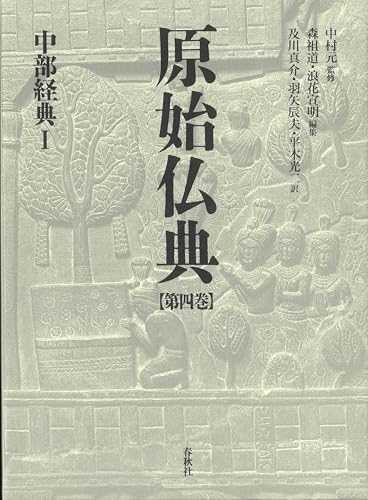- 著者
- 平木 光二
- 出版者
- パーリ学仏教文化学会
- 雑誌
- パーリ学仏教文化学 (ISSN:09148604)
- 巻号頁・発行日
- vol.30, pp.65-86, 2016 (Released:2018-09-01)
The general impression of Myanmar monks is that they do not participate in politics. However, even under the military regime which has suppressed political activities by force, Buddhist monk activists have existed. Wirathu, a Buddhist monk activist, launched an anti-Islam campaign called 969 through anti-Islam hate speech and the distribution of propaganda leaflets to citizens by establishing a hard-line group for Protection of Race and Religion (MaBaTha). The author sets up a hypothesis that the islamophobia held by successive presidents and racist monks has been a primary factor of ethno-religious conflict between Myanmar-muslims including the Rohingyas and ethnic Rakhine (Arakanese), Mon and Myanmar Buddhists. For a better understanding of the features of MaBaTha that have been rumored to incite racially and religiously triggered violence, the author questioned the legitimacy of the emblem of the 969 campaign and that of establishment of a religious group. The results show that the emblem of the 969 campaign is not officially approved by the Ministry of Religious Affairs and that Wirathu was ordered not to establish a religious association by the State Sangha Maha Nayaka Committee which is a government-appointed body that oversees Buddhist monkhood. Despite that, why could Wirathu continue the 969 campaign? The author suggests the reason is that islamophobic President Thein Sein afforded Wirathu and MaBaTha special benefit in every way, which enabled him to openly participate in politics. The study concludes Myanmar people’s innermost fear of Islam has been the primary factor of conflicts between Myanmar-muslims and ethnic Rakhine (Arakanese), Mon and Myanmar Buddhists.
1 0 0 0 OA ミャンマー華人の宗教
- 著者
- 平木 光二
- 出版者
- Japanese Association of Indian and Buddhist Studies
- 雑誌
- 印度學佛教學研究 (ISSN:00194344)
- 巻号頁・発行日
- vol.49, no.1, pp.337-333, 2000-12-20 (Released:2010-03-09)
1 0 0 0 中部経典
- 著者
- 及川真介 羽矢辰夫 平木光二訳
- 出版者
- 春秋社
- 巻号頁・発行日
- 2004

